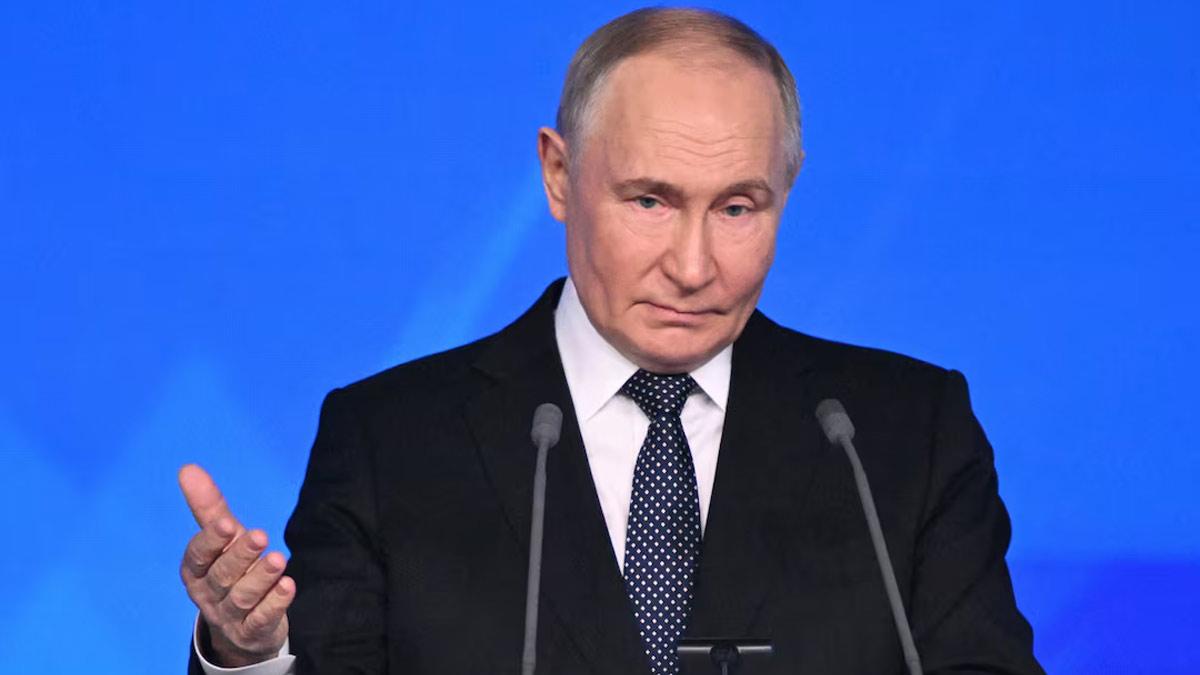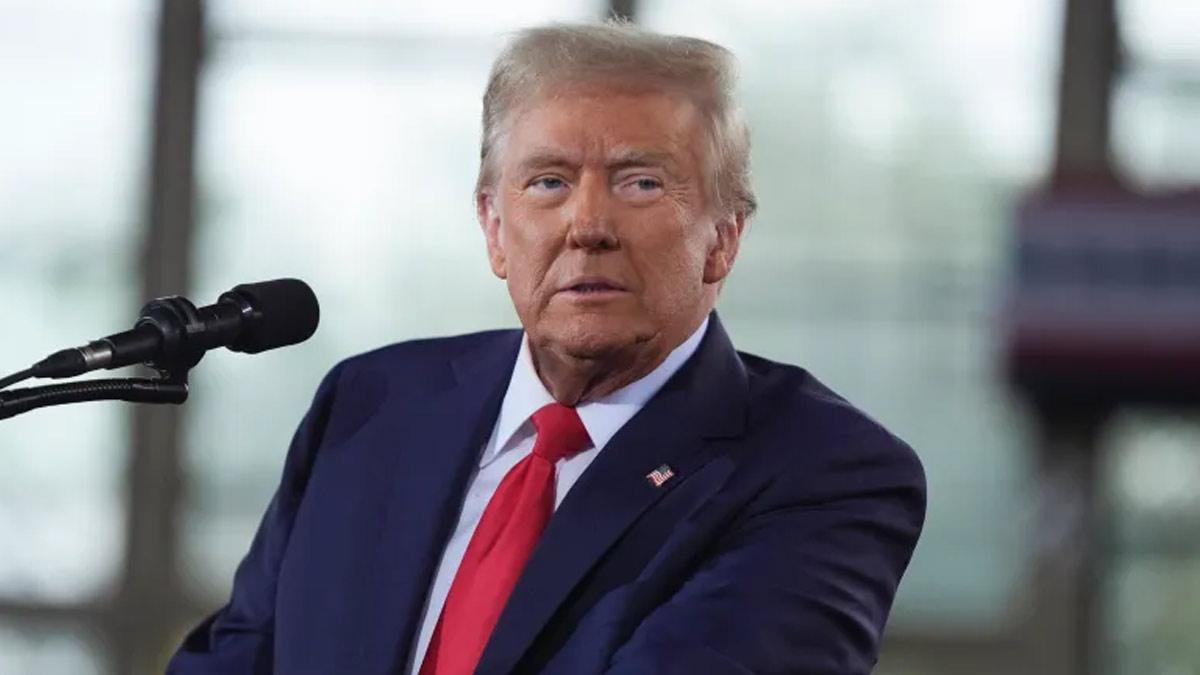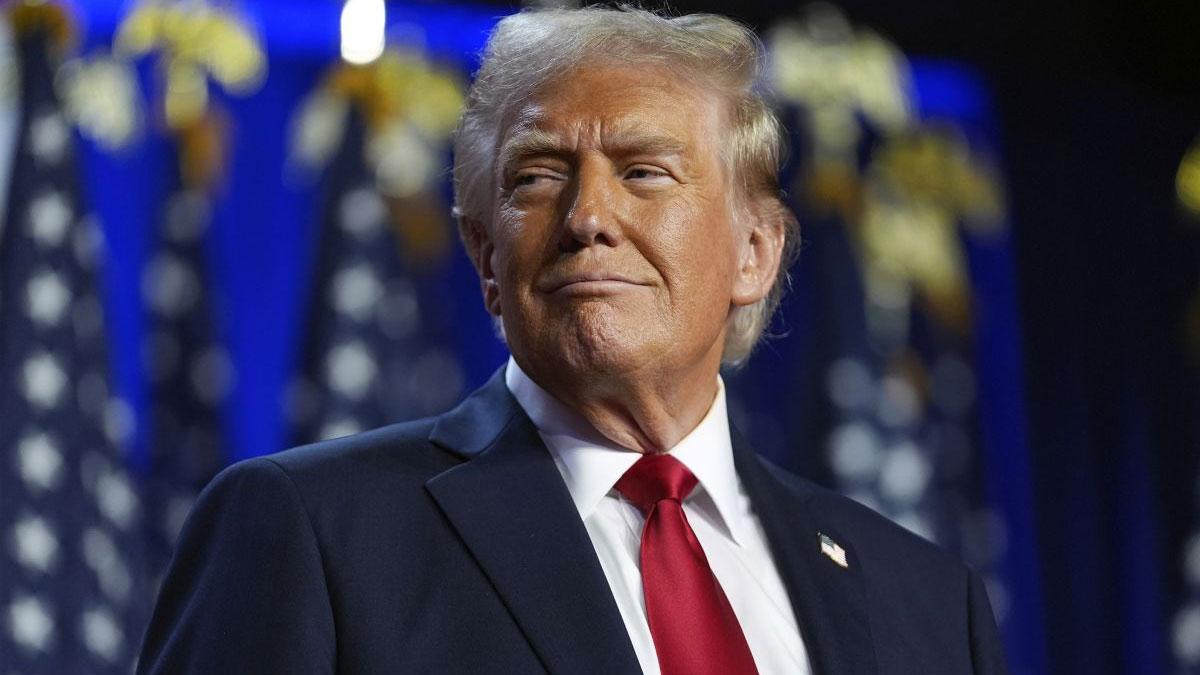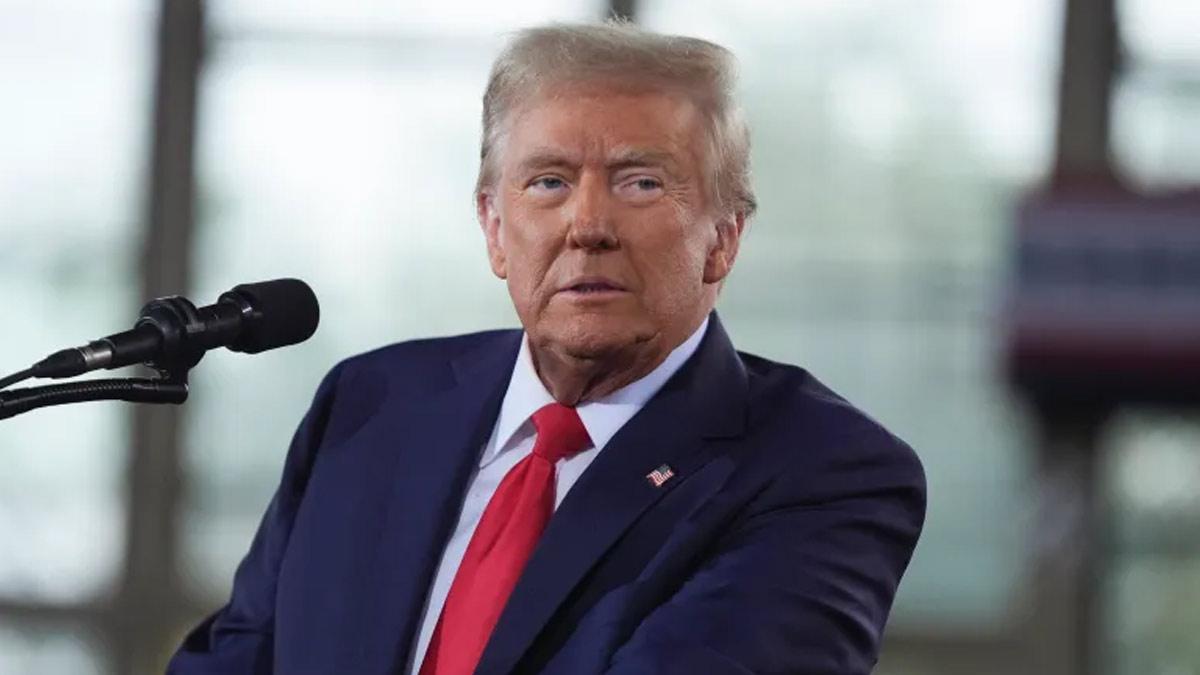In a surprise move that took many by surprise, Russian President Vladimir Putin has declared a temporary ceasefire for Easter weekend. Russian combat operations will cease from 6 p.m. Moscow time on Saturday until midnight on Sunday, the Kremlin said.
Putin mentioned "humanitarian considerations" as the motivation behind this temporary ceasefire and urged Ukraine to respond in kind. He framed the move as a test of Kyiv's commitment to seeking peace, addressing pointedly the present government as a "regime."
The declaration was made in the course of a televised debate between Putin and his senior military commander, Valery Gerasimov. But Ukrainian officials and analysts received the remark with utmost skepticism, particularly as it occurred simultaneously with air raid alarms ringing out across the Kyiv area.
Even with multiple ceasefire announcements since its 2014 invasion of eastern Ukraine, Russia has repeatedly returned to attacking, defying agreed pauses. While Ukraine has rejected a wider 30-day ceasefire that was suggested more than a month ago by the Trump administration, Moscow has rebuffed it.
On Saturday, Putin blamed Kyiv for repeatedly violating a pledge not to strike Russian energy targets, stating violations had taken place "100 times." He ordered Gerasimov to see to it that an "immediate response" is made if there are any such incidents in the future.
Former Ukrainian interior ministry advisor and now political blogger Anton Gerashchenko replied online, "Russia has already declared and violated such ceasefires before.
At the same time, rumors are mounting of a potential change in U.S. policy, with reports that the Trump administration is considering recognition of Crimea as Russian territory as part of current peace talks.
Sources for Bloomberg indicate that the U.S. could be willing to accept Moscow's control over Crimea, which was annexed in 2014 after a widely condemned referendum. Russian troops had taken over the territory in a secret operation before the vote.
This recognition would contravene international standards, such as the United Nations Charter, which forbids acquiring territory by force. The majority of nations, including the UK, still continue to reject Russia's annexation of Crimea as not legitimate.
Any action by Washington to officially yield Crimea could trigger outrage among European allies and enrage Ukraine. The news follows a comment by former President Donald Trump that the U.S. might "move on" if a peace deal is not forthcoming.
Now if for whatever reason one of the two parties makes it very hard for us, we're just going to say you're stupid. You are fools, you horrible folks," Trump said Friday. "And we're going to just take a pass. But, hopefully, we won't have to do that.
Talks are due to resume in London this week, with sources indicating that the U.S. is tilting toward a pro-Moscow resolution. According to terms being discussed, Russia would be allowed to keep territories it currently holds in Ukraine's south and east, as well as Crimea.
The Trump administration is also contemplating relaxing the sanctions on Russia and providing other concessions, according to the New York Post. Ukraine, on the other hand, is being put under increased pressure by Washington, which has reportedly reduced military aid and insisted on access to natural resources.
While Russia seems determined to force its entire package of demands, including the removal of President Volodymyr Zelenskyy, demilitarization of Ukraine, and its official neutrality, Ukrainian officials are willing to freeze the conflict at present front lines. Nevertheless, Zelenskyy adamantly dismissed recent comments from Trump envoy Steve Witkoff, who said Crimea and four other territories should be handed over to Russia.
"I don't see any mandate for him [Witkoff] to talk on Ukrainian lands. These lands belong to our people, to our nation and to the future Ukrainians," Zelenskyy said.
American officials said that developments will wholly depend on Russia ceasing military aggression. "Unless the Kremlin commits to ending hostilities, negotiations are bound to be unsuccessful. Offering Ukraine security assurances is part of any deal," said one U.S. official to Bloomberg.
The same source reported that a final position on Crimea was still to be decided. In the meantime, in anticipation of the announced "Easter truce," Russian troops have stepped up assaults on civilian targets.
Three ballistic missiles hit a residential district in Kharkiv, Ukraine's second-largest city, killing two people on Friday. This came after a fatal Palm Sunday attack in Sumy, where 35 individuals, including two children, were killed.
Crimea, under Russian control for over a decade, has transformed from a beach resort into a heavily militarized zone. It served as a central location to initiate Russia's all-out invasion in 2022, enabling it to capture cities such as Mariupol, Kherson, and Zaporizhzhia.
Ukraine also continues to target Crimea's military installations, which include naval and army facilities. It has employed Storm Shadow missiles, which were provided by the UK, to target the headquarters of Russia's Black Sea Fleet in Sevastopol and has attacked the Kerch Strait Bridge that connects Crimea with mainland Russia on multiple occasions.
In a parallel development, Russia and Ukraine both confirmed on Saturday the exchange of prisoners of war. Both sides released 246 detainees, and Russia also agreed to release 31 wounded Ukrainians in return for 15 wounded Russian soldiers, with the United Arab Emirates acting as mediator.
Read also| White House Evaluates Legal Grounds to Remove Fed Chair Powell Amid Policy Disputes
Read also| Indian Student Harsimrat Randhawa Fatally Struck by Stray Bullet in Canada


















